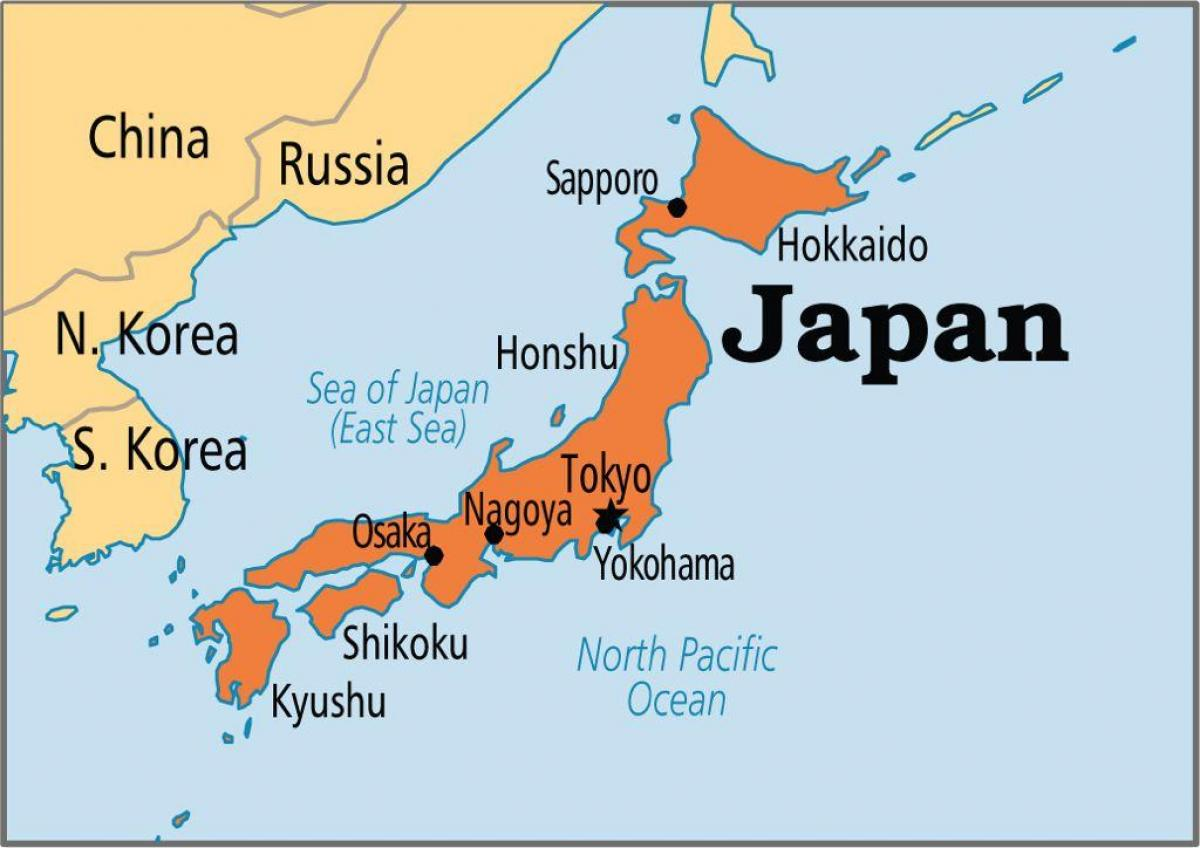Why in News?
The India-Japan Forum 2024 focuses on the growing strategic cooperation between India and Japan, especially in the area of semiconductors. Indian External Affairs Minister S. Jaishankar highlighted the potential of a strategic semiconductor alliance between the two nations.
- India and Japan are working together to strengthen their semiconductor industries and make global supply chains more resilient.
- Both nations aim to reduce reliance on China and lessen the risks associated with depending on a single country for semiconductors.
- The forum is organized by the Ananta Centre, a politically neutral organization dedicated to fostering leadership development and promoting open debates on key issues facing India.
India-Japan Act East Forum (India-Japan Forum)
- This Forum was created as part of the India’s “Act East Policy”.
- The forum was established following an agreement signed in September 2017.
- Formation: The forum was established in December 2017, after the signing of a Memorandum of Cooperation between India and Japan during Prime Minister Abe’s visit to India.
- First Meeting: The inaugural joint meeting took place on December 5, 2017, at the Ministry of External Affairs and the Japanese Embassy in India.
- Participants: The forum brings together various stakeholders, including officials from the Ministry of External Affairs, the Japanese Embassy, the state governments of India’s northeastern region, and representatives from Japan’s governmental organizations.
- Chatham House Rule: Discussions at the forum follow the Chatham House Rule, which allows participants to use the information shared but prohibits revealing the identities or affiliations of speakers or other participants.
- Government Involvement: The forum involves various government agencies, including the Economic Affairs Department of the Ministry of Finance, Ministry of Road Transport and Highways, Ministry of Home Affairs, and Japan’s foreign trade and cooperation organizations like the Japan Foundation and Japan International Cooperation Agency (JICA).
Aims of India-Japan Forum 2024:
- Strengthen Cooperation: The forum focuses on enhancing collaboration between India and Japan, especially in India’s northeastern states. It aligns with Japan’s vision for a Free and Open Indo-Pacific. Key areas of focus include infrastructure development, economic growth, and strategic partnerships to address regional and global challenges.
- Exchange Ideas: The forum provides a platform for dialogue where both countries can share ideas, build mutual trust, and develop a joint agenda for future initiatives. It encourages open discussions to explore opportunities and resolve challenges together.
- Regional Focus: A major objective is to promote investment and development initiatives in India’s northeastern region. This area serves as a gateway to Southeast Asia, making it crucial for enhancing connectivity, trade, and infrastructure.
|
About India’s Act East Policy:
|
India-Japan Relationship:
India and Japan share a strong and stable relationship built on historical, cultural, and strategic foundations. Their cooperation has expanded over the years, fostering mutual growth and global stability.
- Historical Connections:
- India and Japan share a cultural bond that stretches back to the 6th century, rooted in the transmission of Buddhism from India to Japan. The teachings of Buddha influenced Japanese art, philosophy, and traditions.
- During India’s freedom struggle, Japan extended significant support. The Imperial Japanese Army aided Subhas Chandra Bose and the Indian National Army (INA), aiming to liberate India from British rule.
- Economic Partnership:
- Japan is a major investor in India, contributing to infrastructure and industrial development.
- Companies like Suzuki, Toyota, Sony, and Honda have established production units in India, boosting local manufacturing and employment.
- The Delhi Metro project stands as a landmark example of Japanese financial and technical assistance.
- The two nations aim to double bilateral trade, which currently stands at approximately $14 billion, and enhance Japanese FDI in India.
- Strategic Collaboration:
- Both India and Japan prioritize safeguarding maritime security in the Indo-Pacific region to ensure the safety of sea lanes.
- They conduct joint military exercises like Exercise Malabar, involving the Indian Navy, Japanese Maritime Self-Defense Force, and U.S. Navy.
- In 2008, both nations signed a security agreement, reinforcing defense cooperation.
- Political and Diplomatic Ties:
- In 2014, Indian Prime Minister Narendra Modi chose Japan for his first bilateral visit outside South Asia. This emphasized Japan’s strategic importance in India’s foreign policy.
- The Tokyo Declaration (2014) highlighted deeper collaboration in defense, technology, and infrastructure development.
- Both nations share concerns about China’s expansionist policies, making their partnership crucial for regional stability.
- Nuclear Energy Cooperation:
- In 2016, India and Japan made history by signing a deal to cooperate on nuclear energy. This agreement allows Japan to share its nuclear technology and resources with India.
- This deal was significant as it marked Japan’s first such agreement with a country not party to the Nuclear Non-Proliferation Treaty (NPT).
- The pact aimed to support India’s growing energy needs through safe and sustainable nuclear energy while ensuring strict adherence to peaceful use and non-proliferation principles.
- Japan’s inclusion highlighted India’s responsible nuclear practices and strategic global partnerships.
Focus on Northeastern India:
-
- To help India develop its northeastern states, India and Japan formed the Japan-India Coordination Forum (JICF) in 2017.
- Key areas of focus include improving connectivity, building infrastructure, and promoting organic farming and tourism.
- Japan considers the northeastern region pivotal for connecting India with Southeast Asia under its Act East Policy.
- Cultural and Educational Bonds:
- India and Japan have robust cultural exchanges, highlighted by events like the Namaste India Festival.
- Japan has supported the revival of Nalanda University, showcasing its commitment to India’s educational heritage.
- Indian yoga, Bollywood films, and Tamil cinema have gained a notable following in Japan, reflecting cultural exchange and shared interests.
- Yoga‘s spiritual and health benefits align with Japan’s wellness traditions.
|
About Japan:
Government: Constitutional monarchy with a parliamentary system.
|
Explore our Books: https://apnipathshala.com/product-category/books/
Explore Our test Series: https://tests.apnipathshala.com/










